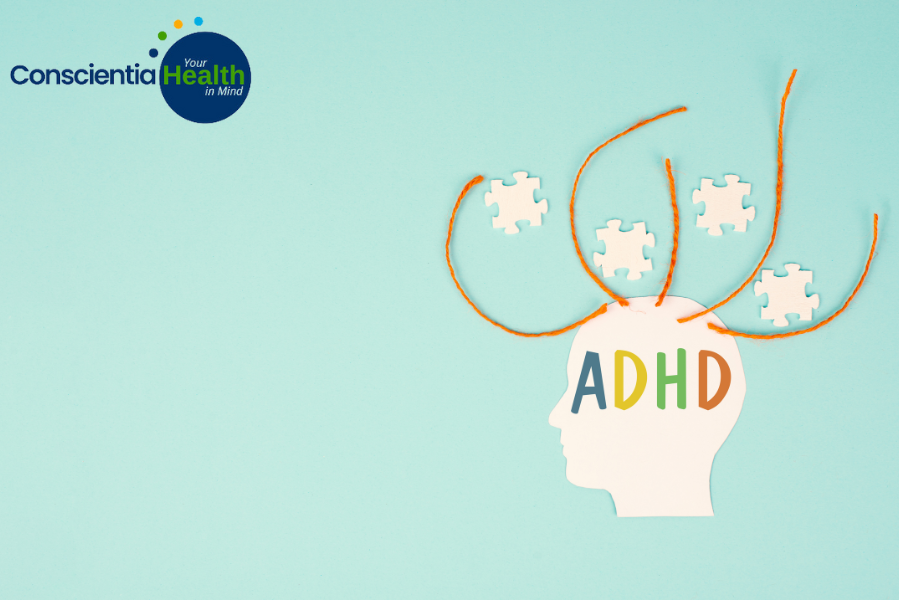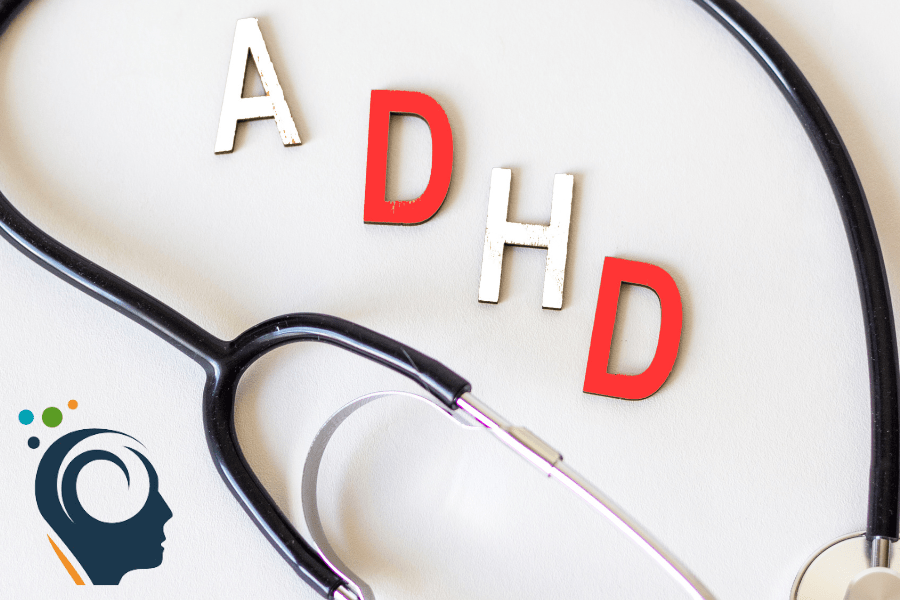Attention Deficit Hyperactivity Disorder (ADHD) is a common neurodevelopmental disorder that affects both children and adults. Proper diagnosis is crucial to manage and treat ADHD effectively. This blog post will guide you through the various options available for ADHD testing, factors to consider when choosing a testing location, and what to expect during the process.
Types of ADHD Testing
ADHD testing typically involves multiple components to ensure a comprehensive evaluation:
- Clinical Interviews: These are conducted with the individual and often include interviews with family members or teachers to gather a thorough history of symptoms and behavior.
- Behavior Rating Scales: Standardized questionnaires that assess the frequency and severity of ADHD symptoms.
- Neuropsychological Tests: These tests measure cognitive functions such as attention, memory, and executive function.
- Medical Exams: Conducted to rule out other medical conditions that might mimic ADHD symptoms.
Places to Get ADHD Testing
Primary Care Physicians (PCPs) Primary care physicians can be the first step in the ADHD diagnostic process. They can provide initial assessments and referrals to specialists. Discussing ADHD concerns with your PCP is important, as they can offer insights into whether further evaluation is necessary.
Pediatricians (for Children) Pediatricians specialize in child health and are well-equipped to handle ADHD assessments in children. They take into account developmental history and behavior across various settings such as home and school.
Psychologists and Psychiatrists These professionals specialize in mental health and are trained to conduct comprehensive ADHD evaluations. Psychologists focus on cognitive and behavioral assessments, while psychiatrists can diagnose and manage ADHD, including prescribing medication if necessary.
Neurologists Neurologists can be consulted when there is a need to rule out other neurological conditions. They conduct detailed neurological assessments to ensure an accurate diagnosis.
Educational Institutions Schools often have psychologists and counselors who can conduct ADHD assessments. This option is beneficial for children as it involves observations in an educational setting, providing a holistic view of the child’s behavior.
ADHD Clinics and Centers Specialized ADHD clinics and centers offer dedicated services for diagnosing and managing ADHD. They have a multidisciplinary approach, ensuring a thorough evaluation and comprehensive treatment plan.
How to Choose the Right Testing Location
When choosing where to get ADHD testing, consider the following factors:
- Age and Needs of the Individual: Different testing environments may be better suited for children versus adults.
- Severity of Symptoms: Some facilities are better equipped to handle more severe cases.
- Insurance Coverage: Verify what your insurance covers to avoid unexpected expenses.
- Proximity and Convenience: Choose a location that is easily accessible to reduce stress and inconvenience.
- Personal Preferences and Comfort: Ensure that the individual being tested feels comfortable and at ease with the chosen location.
What to Expect During ADHD Testing
ADHD testing typically involves the following steps:
- Initial Consultation: A discussion about symptoms, concerns, and medical history.
- Questionnaires and Rating Scales: Completion of standardized forms by the individual, parents, and teachers.
- In-Depth Interviews: Detailed interviews with the individual and close family members or teachers.
- Cognitive and Behavioral Assessments: Various tests to assess cognitive functions and behavior.
- Medical Examination: A physical exam to rule out other possible causes of symptoms.
Preparation Tips:
- Gather relevant medical and educational records.
- List any medications currently being taken.
- Note specific examples of symptoms and behaviors.
- Be prepared to discuss family history.
Cost and Insurance Considerations
The cost of ADHD testing can vary widely based on the type of tests conducted and the location. Here’s a general overview:
| Type of Provider | Estimated Cost |
|---|---|
| Primary Care Physician | $100 – $300 |
| Pediatrician | $200 – $500 |
| Psychologist | $500 – $2,500 |
| Psychiatrist | $300 – $1,500 |
| Neurologist | $500 – $2,000 |
| ADHD Clinic | $1,000 – $4,000 |
Insurance Coverage:
- Check with your insurance provider about coverage for ADHD testing.
- Inquire about the need for pre-authorization or referrals.
- Explore options for financial assistance if needed.
Follow-Up After Testing
Post-testing steps are crucial for managing ADHD effectively:
- Understanding Your Diagnosis: Ensure you understand the results and the implications of the diagnosis.
- Next Steps and Treatment Options: Discuss treatment plans, which may include behavioral therapy, medication, or lifestyle changes.
- Ongoing Support and Monitoring: Regular follow-ups with your healthcare provider to monitor progress and make necessary adjustments.
Online and Telehealth Options
The rise of telehealth has made ADHD testing more accessible:
- Online ADHD Testing: Some services offer online assessments that can be conducted from the comfort of your home.
- Telehealth Consultations: Virtual appointments with healthcare providers for initial assessments and follow-ups.
- Pros and Cons: Online testing is convenient and accessible but may lack the depth of in-person evaluations.
FAQs
1. How long does ADHD testing take?
- The duration can vary but typically takes several hours spread over multiple appointments.
2. Is ADHD testing covered by insurance?
- Many insurance plans cover ADHD testing, but it’s important to verify specifics with your provider.
3. Can adults get tested for ADHD?
- Yes, adults can and should be tested if they exhibit symptoms of ADHD.
4. What are the common symptoms of ADHD?
- Symptoms include inattention, hyperactivity, and impulsivity that interfere with daily functioning.
5. What happens after an ADHD diagnosis?
- Treatment plans may include therapy, medication, lifestyle changes, and ongoing monitoring.
Key Points
- Proper diagnosis of ADHD is crucial for effective treatment.
- Multiple testing options are available, each with its benefits.
- Consider factors like age, severity of symptoms, insurance coverage, and personal comfort when choosing a testing location.
- The cost of testing can vary widely, so it’s important to verify insurance coverage and explore financial assistance options.
- Follow-up care and ongoing support are essential for managing ADHD.
- Online and telehealth options provide convenient alternatives for ADHD testing.
If you have any questions or need further assistance, please don’t hesitate to contact us at Conscientia Health. We’re here to support you every step of the way in your ADHD testing and treatment journey.











